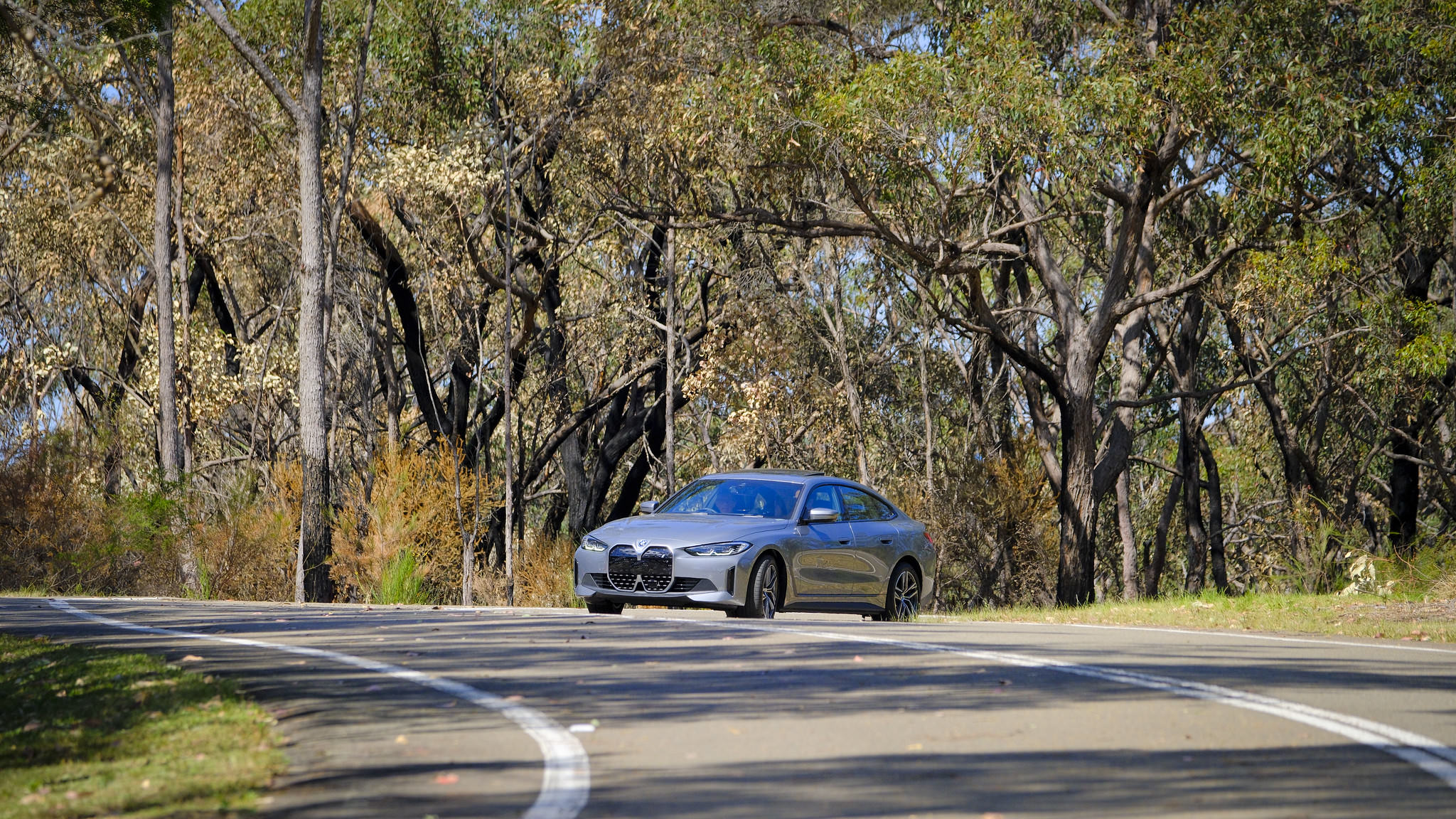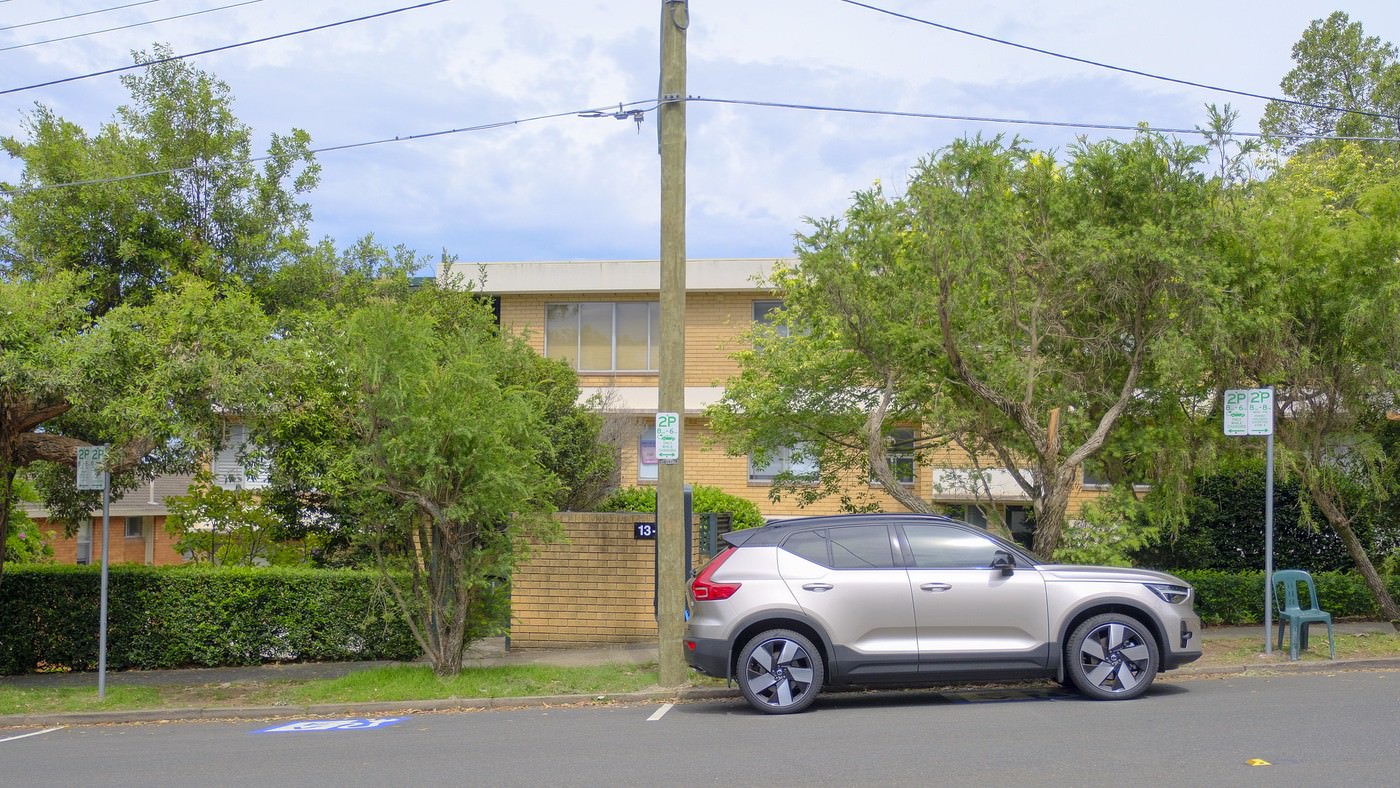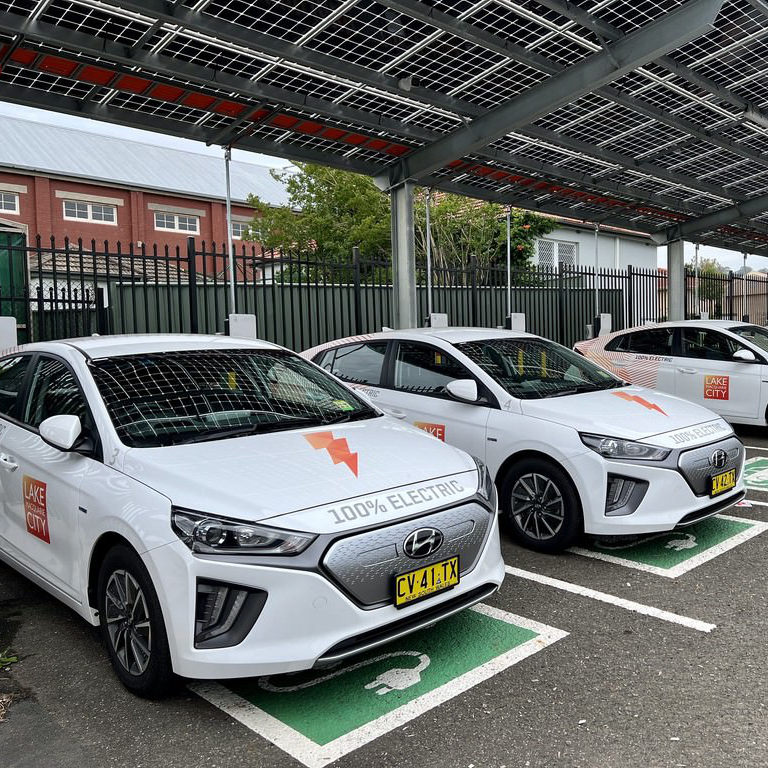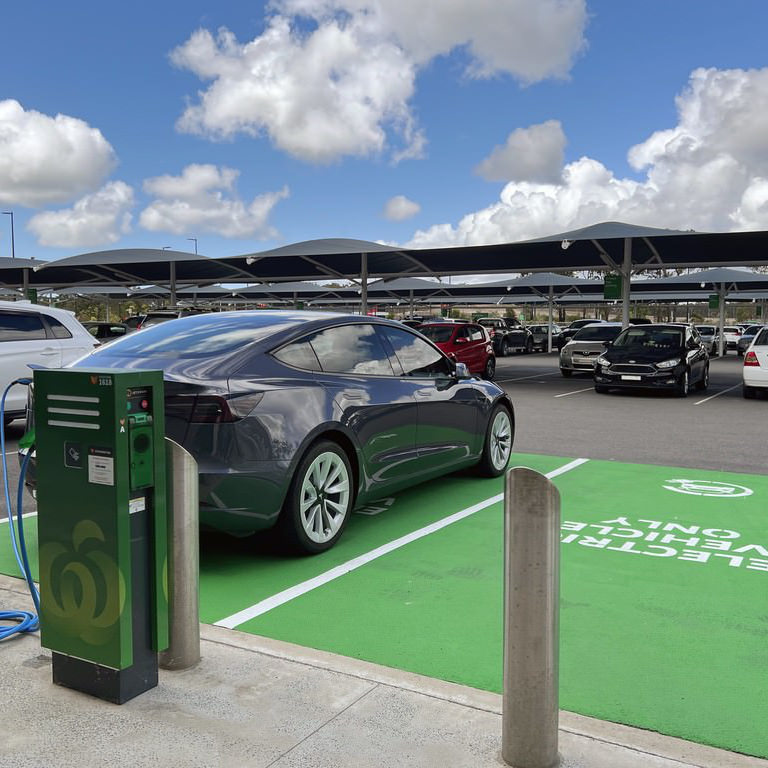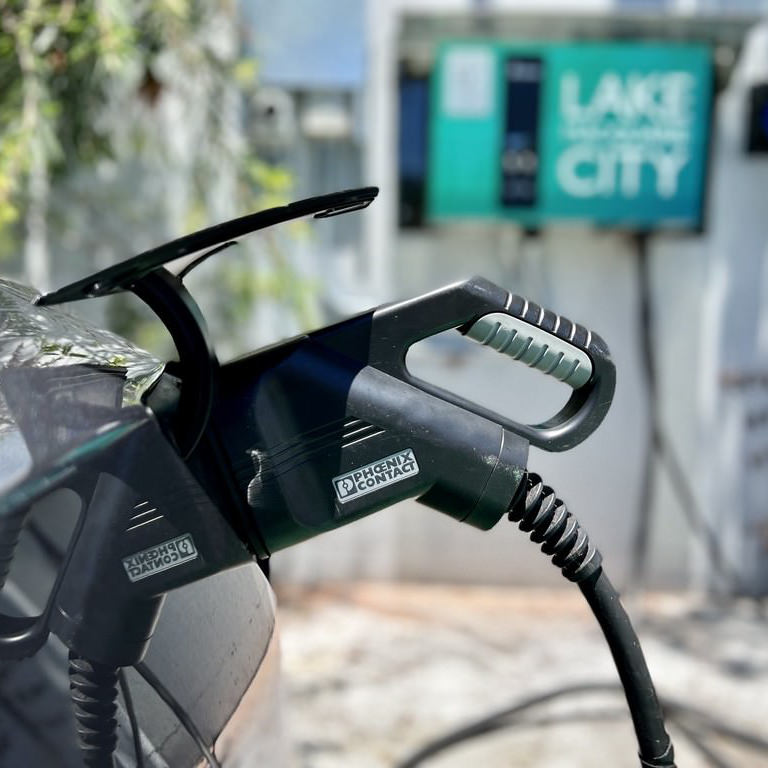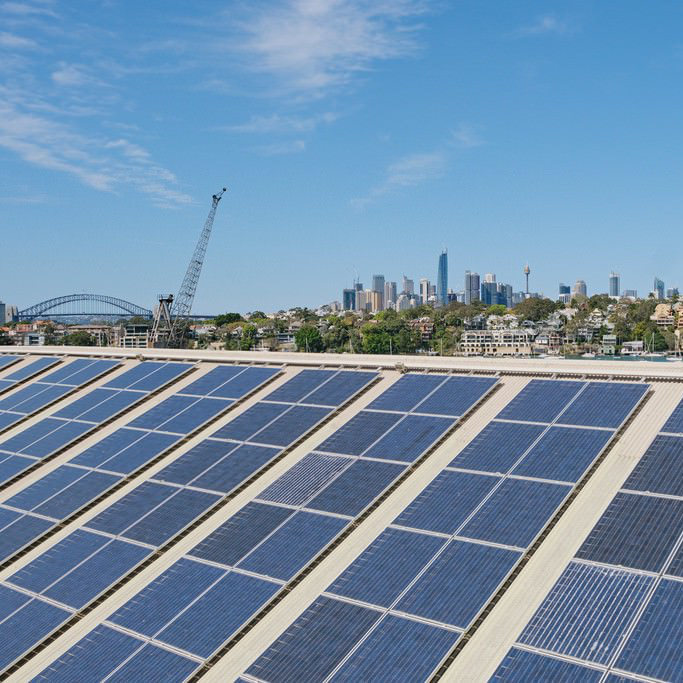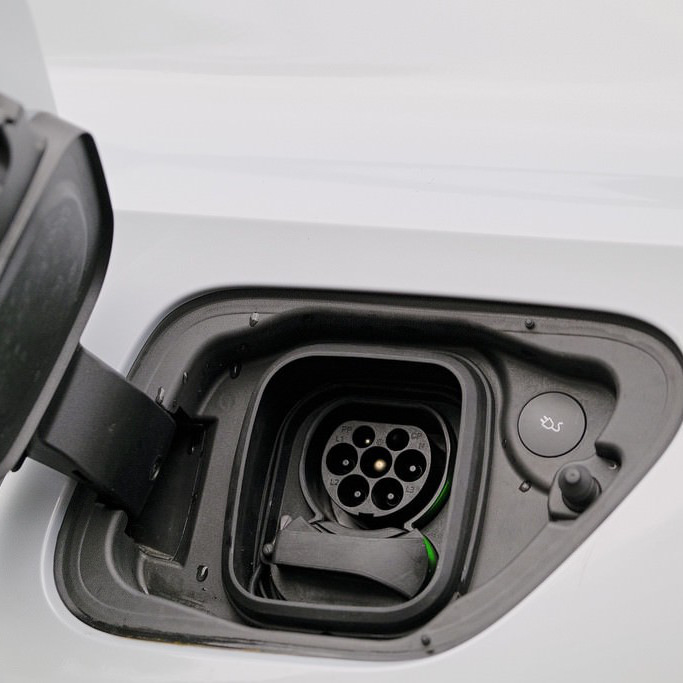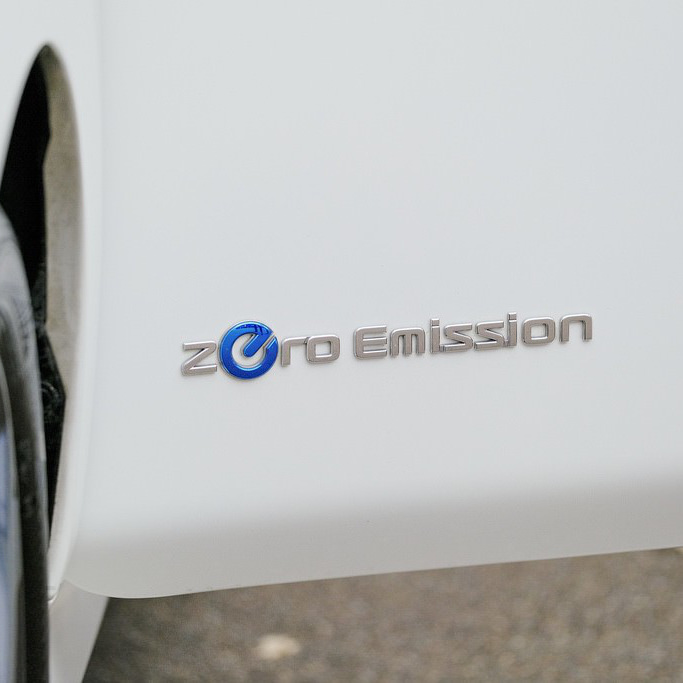March 2024
Australia has seen significant growth in EV sales, reaching a record 9.6% market share in early 2024, and nearly half of all novated leases now involve EVs. Government initiatives, such as grants for regional charging stations and a $55 million package to add 23,000 more EVs on the road, are accelerating the transition. Charging networks are also expanding in rural areas like Western Australia's goldfields and suburban locations such as Lake Macquarie. Innovation in EV technology is also a key driver, with Australian researchers achieving breakthroughs in wireless charging and battery technology. This includes the potential for more affordable EVs, such as the Mitsubishi eK X, which could become Australia’s first $30,000 EV by late 2024. Additionally, electric trucks and buses are gaining momentum in both Australia and Europe, showcasing the industry's diversification. However, challenges remain, with some EV owners reporting motion sickness, and automakers like Toyota and Volkswagen facing criticism for lagging in the transition to EVs. Despite these hurdles, Australia’s commitment to electrification is clear, as the government and industry work together to build the infrastructure and encourage widespread adoption of EVs across the country.
See News